Sections of the elites remain in climate denial, or believe technology will save the day, or dream about living in futuristic cities where most humans are expendable. Are there members of the elites who see the real danger and are willing to take effective action? Paul Jay is interviewed by Andrew Van Wagner.
During the filming of this interview, the Canadian federal election was taking place. The Liberal Party won with a minority government.
TRANSCRIPT
Andrew Van Wagner
Sometimes I wonder if I could just interview Larry Fink or any of these super mega billionaires, Jeff Bezos, like, what do they think the world is going to look like in 2060, 2070, 2080? What do they think? What is their picture of what the world will look like? And what is the point of living in a fancy bunker or living in New Zealand? If the world is burning, you would just be depressed. You would just be looking at the world burning around you. So just because you protected yourself in some little bubble in New Zealand doesn’t mean it’s psychologically worth living life if the world is just burning down around you.
Paul Jay
Well, I don’t think they care too much about that. I think they believe that, and they’re probably already working on this. Like, I know the Saudis have this crazy city in the future they’re building in the desert. Solar-powered for multimillionaires and billionaires. It’s going to be like a little paradise. They’re going to be able to create water from saltwater, desalinate the water. They’re going to have solar power, and rich people can live.
Listen, what do rich people really want to do? Get rich, fuck, take drugs. What’s the great meaning of life for most rich people now? What do they do? They spend their money. They buy stuff. The whole society is based on selling stuff. All this artificial intelligence, all this fantastic technology, Google, you name it. It’s fundamentally driven by advertising to get people to buy crap.
So rich people, I guess, imagine that sooner or later they’re going to build fortress America, fortress Canada, fortress rich people, wherever it’s going to be. And that they can create the technology. The thing is, they probably can that would last some time: massive amounts of solar power, robots, desperate people that live outside the gate. It’s a kind of feudal castle, a modern feudal castle. With denial— the other thing, too, is don’t underestimate the extent that financialization, a company’s fascistization, it’s this global capitalist system that created [Adolf] Hitler.
It’s this global capitalist system that creates these very extreme religious nationalists, whether it’s in the U.S., or India, you name it, or Israel. They have a very apocalyptic view of the world. You have religious fanaticism on one side, and sections of the elites really at their heart of hearts find most of humanity expendable and don’t care whether millions of people die off.
I mean, millions of people are dying now. Do they care? How many children die of starvation now in the poorer countries of the world? I mean, do the elites give a shit? This is the thing that the working-class in Europe and North America; they don’t get that the elites don’t consider them fully human. It’s not just they don’t consider people of colour fully human. They don’t consider the workers fully human.
Look at child labour in the 1800s in England. In Wales, they had nine, 8, 9, 10-year-olds working in mines. These are nice little white kids, white working-class kids. I was in a mine in Wales, and it was an iron ore mine. It’d been mined continuously for like 2000 years. The Romans started mining the thing. In the mid-1800s before, I don’t know what the year was when they illegalized child labour, but prior to that. They would have little areas deep down in the top of where they had opened up space to get the iron ore, little crevices where only a kid could get in. So they would put the kid up there, and they would put sharp rocks down the back of the kid’s shirt because they had to work on their backs, but they didn’t want them to fall asleep. So if they laid down with any relaxation, they would get carved up by these sharp rocks they’d thrown down. They would take the ladder away so they couldn’t get down from where they were. Then because there was no ventilation system, no one was allowed to piss. You couldn’t urinate while you were working. If you did, you’d be fired. If you were fired, you, in all likelihood, might starve to death because that’s what was happening to people that didn’t have a job in the mine. They were starving.
They couldn’t use donkeys to bring the ore up to the surface because you can’t tell a donkey not to piss. So they used women. Women’s bodies in such numbers were being so twisted, and their pelvises were being so weakened by hauling this iron ore up to the top they couldn’t have babies. They were literally demolishing this white working class. This was in Wales, this particular mine, but it wasn’t just there that it happened. They were getting to a point where the working-class actually couldn’t reproduce itself.
Now the individual mine owners didn’t give a shit because there seemed to be enough desperate unemployed people and kids they could keep going. But there were some members of the elites of the capitalist class that started to realize that if you allowed child labour and such terrible conditions for women, you weren’t going to have a working-class anymore. So, where would your capitalist system be? So that merged with the rising and organizing of the working-class. With the demands of this more organized working-class and the consciousness in sections of the capitalist class that expressed itself to their politicians, that they couldn’t demolish the workers at that kind of level of exploitation. You actually did get a convergence of interest, and they passed child labour laws and outlawed child labour.
Eventually, they even got to an eight-hour working day. There were other measures that the capitalist themselves realized that completely unmitigated capitalism wasn’t sustainable. Now, can we see something like that now where sections of the capitalists see that this isn’t sustainable? And that’s the 64 million, billion-dollar question. We’ll see because so far, there’s a glimmer of it, but not substantial.
Andrew Van Wagner
Yeah, it reminds me of Edward E. Baptist’s work where he talks about how they manage to, I think quadruple or whatever it was, the efficiency of cotton picking just by calculated torture. Calculated torture. You have to pick your quota of cotton. Every day your quota increases. If you stop, they whip you. And that was how they managed to extract the most productivity out of their workers. I was going to ask him if I ever got a chance to interview him how that philosophy evolved because some corporations might say, oh, you have to treat your work as well to get the most out of them. Well, clearly, they arrived at a system where you systematically tortured them in order to get the most cotton picked every day, you know.
Paul Jay
Yeah, that might work with cotton, but in the long run, it didn’t work very well with modern capitalism. The threat of our employment was a better force of coercion than torture. A modern production didn’t work very well with torture, and the Nazis tried. I don’t think it was very successful for them either.
But going back to what I was saying about this mine in Wales, one section of the capitalist class started seeing it wasn’t sustainable. But the other part of it was that sections of the capitalist class had no problem with the abuse, exploitation, and virtual slavery of white children.
Sections of the elites, when they look at the current world situation if they come to the conclusion that there’s no way to save the situation without a drastic fascistization, separation of the rich physically, the creation of these walls, essentially. You’ve got these science fiction movies like Hunger Games. There’s lots of this science fiction where the wealthy either live on some big spaceship or someplace. We shouldn’t underestimate that there’s serious thinking and planning for such a thing.
Although I think right now, the preponderance of the elites believes that technology and will save them. Right now, they think there’ll be some great technology, carbon capture. It’s only a matter of time. And you don’t have to worry so much about it. Maybe there will have to be more investment. Right now, Wall Street is not against Biden’s investment of this other three and a half trillion he wants to do. Although, much of that has nothing to do with climate.
I guess the level of their denial is a deep faith that capitalism will work it out in the end, and it will be a technological solution. But if worse comes to worst, we have enough money that we will be okay until there is a technological solution. I can’t imagine what else is going through their heads. Maybe for the richest of the elites, in a sense, maybe they’re right. Millions of people head from the south up to the north. Well, they won’t get past our walls as they think. And we’ll have fascist storm troopers that will keep people in line and will shoot people. You can imagine a fascist dystopia. That’s not maybe how they think of it, but this is the system that gave us Hitler and [Benito] Mussolini and lots of other dictators, fascists, and so on.
How do we get this message through to ordinary workers? That is the challenge.
Andrew Van Wagner
Yeah, and I didn’t mean to dwell on elites. It’s not necessarily productive to dwell on what goes on in Larry Finks, mind or whatever, but it’s obviously a curiosity. It’s one thing to say, I will live in this global society while kids are starving in Africa. It’s another thing to say, I’ll live in a bunker in New Zealand while civilization is burning down. I mean, those are two very different—
Paul Jay
One, I don’t think it’s a frivolous topic. I think it’s a serious topic because I think as much as we have to find out how to talk to workers, we actually do have to figure out how to talk to the elites and see if they can be divided between those that are really fascistic and those that like to think that they’re Liberal and care about the world, and so on. And there are some that do look at themselves in the mirror. They do worry about their kids. They’re not all sociopaths, but they are locked into an economic model, but they’re not all sociopaths.
I don’t think what they’re imagining is a bunker in New Zealand as the world burns down. They’re imagining beautiful cities, whether it’s the Saudi example or something else, whether it’s in Northern Canada. But there’s going to be places on Earth where you could build even dome cities with controlled climate. The solar technology is getting to a point where if you’ve got the money, you can create a whole area of protected living.
I’m not saying it’s realistic in the sense that I think millions of people are going to have something to say about people living in dome city. They think everyone’s just going to lay down while they live in these little protected places. They’re out of their minds, but some of them are out of their minds.
So we need to have these conversations, and far from thinking, it’s just a curiosity to talk about the mindset of the elites. I think it’s a very important topic. I almost feel like it’s part of why I want to make this [Daniel] Ellsberg doomsday film; it’s to kind of shake people out of this inertia and lethargy. When I say people, I also mean within the elites because there ain’t no building a dome city that protects you from nuclear war. There’s no bunker in New Zealand. Nuclear war, there is no defence against. It doesn’t matter how much money you have.
In some ways, if sections of the elite get how dangerous nuclear war is, they can’t buy their way out of it.
Andrew Van Wagner
I read this article in the Financial Post up here in Canada, and it said something like ‘Canada’s climate will improve, Canada will be a better place to live’. And I was just thinking, are you going to build a dome over Canada? Like we live in a global society, and if India and Pakistan, I mean, India is a hot place. It’s already unpleasant how hot it is. Those places go down the tubes. How are you going to insulate Canada? Like, we live in a world where some tiny l our global society. And they’re talking about Canada’s climate will be okay. And it’s like, how are you going to insulate yourselves against the global effects of all these things?
Paul Jay
But even that isn’t true. Canada’s climate won’t be okay. I made a joke to this climate scientist. I said people are joking about growing mangoes in Muskoka. And he said, yeah, it’ll be warm, but wait until you see the drought that’s coming. The growing season is going to be earlier and earlier. There’s going to be less and less snow. Then where’s your water come from? Yeah, sure, if you’re in Muskoka right on a lake, maybe. But even the levels of lakes are already down this year.
Droughts are coming to large sections of Canada. It may not hit as terribly or as soon as the Southern, Southwest United States, but it won’t be long before the water situation, even in Canada, is going to be serious. So even though Canada may get hit a little later and not as terribly, certainly, like in Ontario and Quebec. In the west, it is going to be terrible. You’re going to have a dust bowl in Western Canada, more and more fires in British Columbia. But extreme weather events are going to hit Ontario, Quebec, and the Maritimes.
They’ve looked at it. When you start getting to two to three degrees, two degrees, three degrees. The Canadian situation is very serious. It’s no, oh, look how well we’re doing, so never mind. I mean, I’m agreeing with what you’re saying. It’s ridiculous to think that most of the world can be unlivable, and somehow Canada is going to be okay ignoring that. But even Canada is going to be in terrible shape.
Andrew Van Wagner
So we covered extremely urgent topics, extremely serious topics. You know, it’s a bit of apocalyptic, but, you know, yeah, maybe just to end on a hopeful note: what gives you hope in the face of these crises?
Paul Jay
Yeah, I get asked that question. I always have a long pause. What gives me hope? What I said earlier, people organizing, direct organizing. There is a shift of consciousness on climate. You can see far more people get the danger of it than did before. But we’re reaching a real crossroad. And this rhetoric with China is a very dangerous rivalry.
So what gives me hope? Not a lot, being very totally honest. I’m with Ellsberg. You got to act as if there’s still time to turn away from the iceberg. I just hope, what can you do? I hope that enough people will get the urgency of the moment, and then we have to get over— you know, there’s a wonderful article. I’ll just do one little rant on this.
[Friedrich] Engles wrote this great piece not long before he died. It’s called On the History of Early Christianity, and he based it on this work of [Bruno] Bauer, who did some work on the Dead Sea Scrolls, some other stuff. But basically, it was a lecture to the European Left against sectarianist and the amount of fighting that was going on over secondary issues and how much it was undermining the working-class movement. And he says in this article— everyone should go look it up, On the History of Early Christianity. He says in this, the early Christians understood the need of building a broad movement. And he said essentially, this anti-Roman revolutionary movement was made up mostly and led by Jews, but they needed to broaden it to include the slaves and other oppressed people. And how do you broaden it when to be a Jew is so difficult. You need a Jewish mother, or you got to jump through a bunch of rabbinical hoops.
How do you build a broad mass movement if you got to be a Jew? So they developed this idea, dunk your head in water, get baptized, say you believe, act in a way you believe, and join this movement and fight the Romans. And it was a broad revolutionary movement that fundamentally was to be inclusive and not sectarian. And keep saying to European Left, and unfortunately, they didn’t listen to them, that if we don’t overcome this kind of factional fighting, we’re going to lose. We’re in a moment like that if we don’t learn from the early Christians and build a broad movement based on very basic common objectives and values with an electoral strategy and a community workplace organizing strategy. Movement in the street strategy, but a strategy connected with electing and taking power strategy. And that can mean different things, depending on where you are, what’s possible.
At a city level in the U.S., for example, you might be able to completely break out of the duopoly of the two parties. But other elections, whether it’s at a state level or otherwise, maybe you have to work within the Democratic Party. It depends on what’s possible in Canada.
I really, I haven’t said this publicly. I don’t know anywhere, but I don’t understand what the point of the NDP [New Democratic Party] is. Everybody that supports the NDP joined the Liberal Party and fought it out for control of the party and created a legitimate kind of two-party system here with a kind of left-wingish party versus a right-wingish party. But right now, we’re looking at a federal election, in which there’s a serious conversation that the Liberals and NDP will split the vote, and the Conservatives could win. I mean, it’s mind-boggling. They could have another Conservative government nationally.
We got to rethink the political strategy in Canada. This current party structure. I mean, the Green Party is at war within itself, and even if they weren’t, they’re marginalized to the extreme. There’s very little time to get a legitimate progressive climate strategy in place. And if the Liberals, which I don’t have, Liberal leadership is no better than the corporate Democrats, so it’s not like I have any faith in them. But maybe a war in the Liberal Party is worth fighting it out. The way the [Bernie] Sanders movement, at least it accomplished something with the Democratic Party, more than people thought possible. But what is the current structure, the way the NDP operates? And even when the NDP does win the provincial government, do they actually govern that much differently than the Liberals do?
So this is a whole other conversation, but if you go back to my main point, learn from the early Christians. We got to figure out how to build a broad movement with a national vision and strategy and not just in Canada and the U.S., but It’s the same problem in really every country.
Andrew Van Wagner
Thanks so much, everyone, for joining us. And I hope you enjoyed the interview.
END

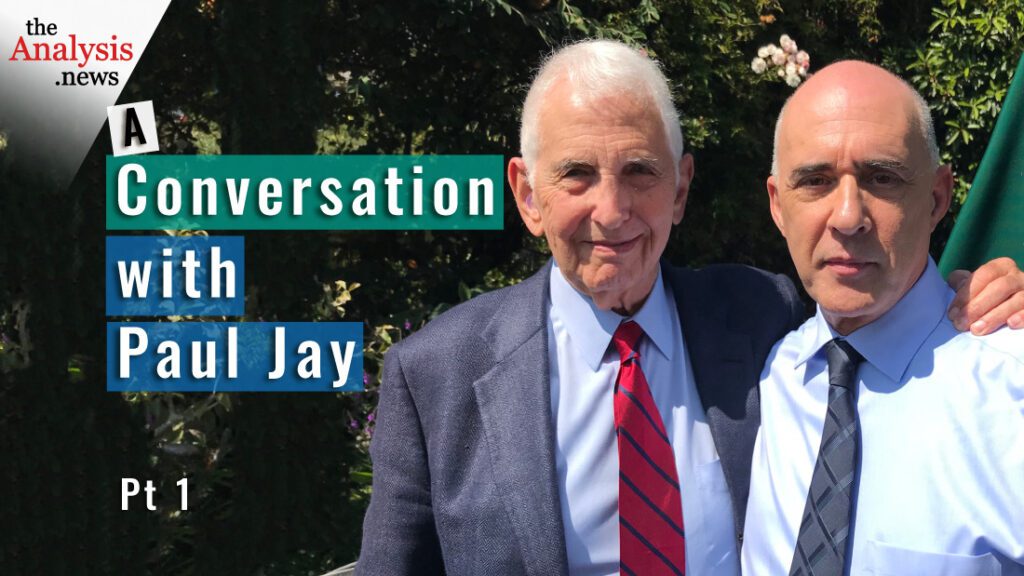

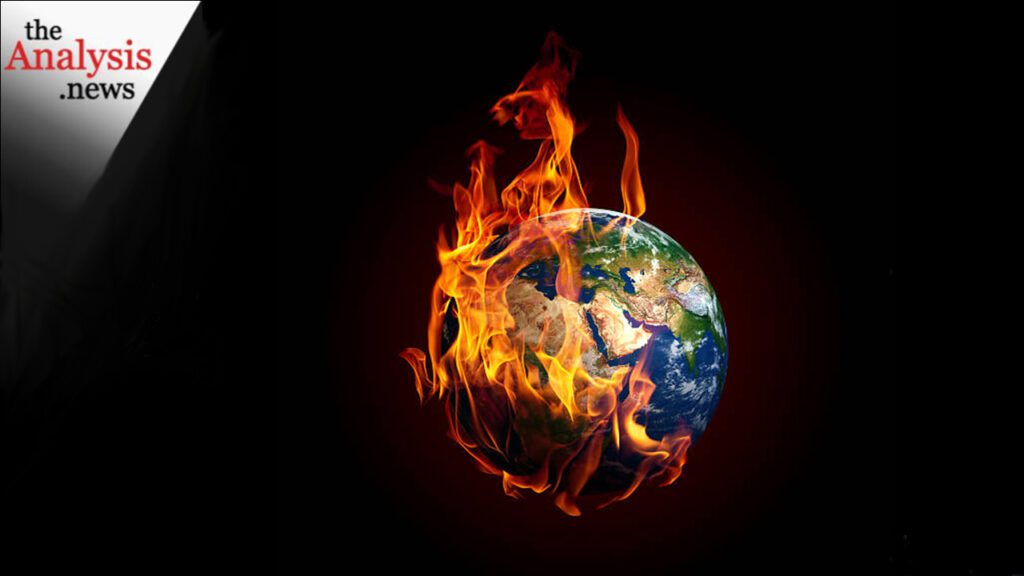
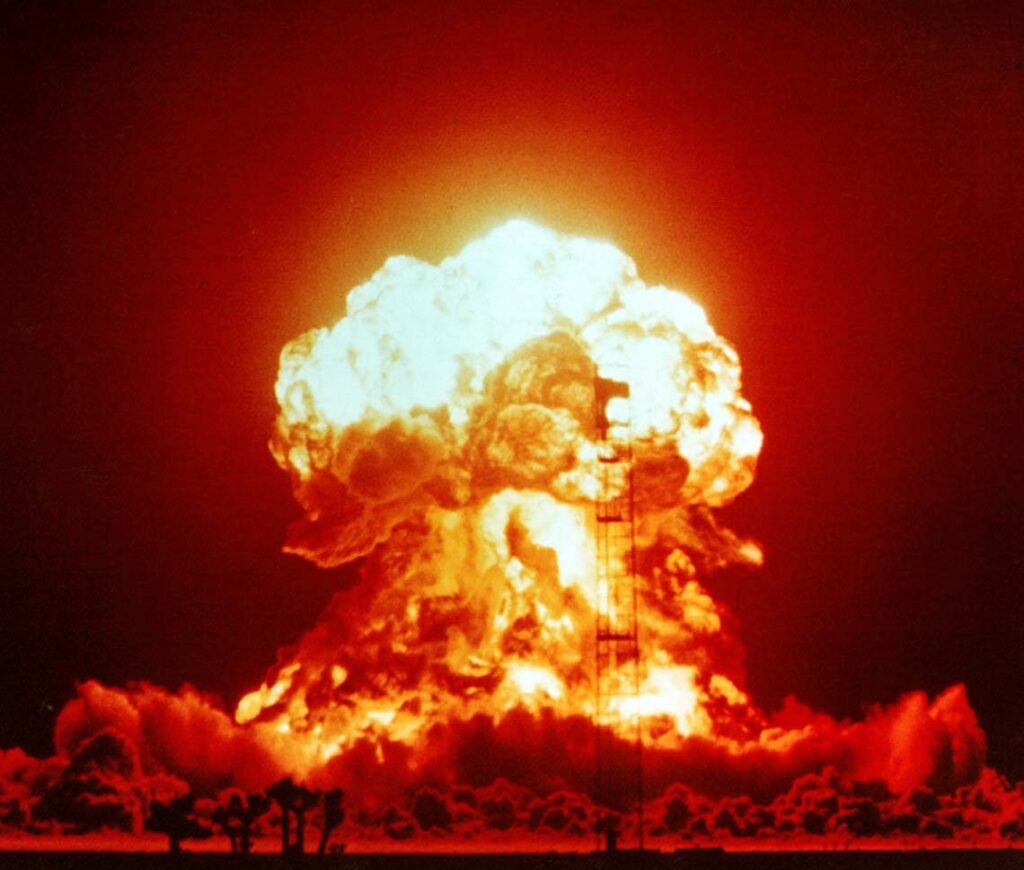
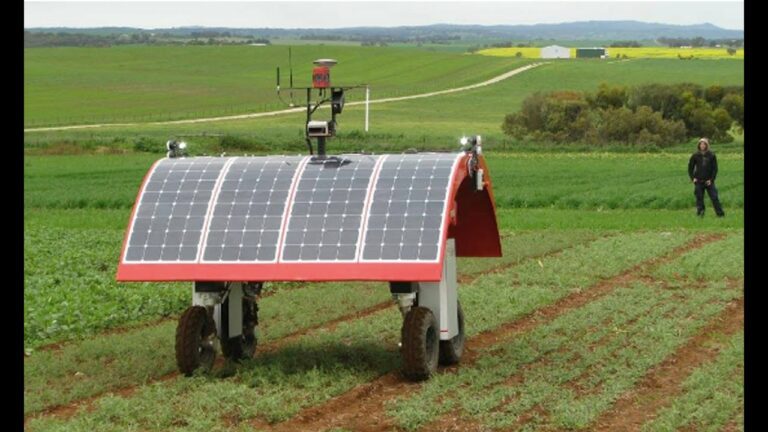
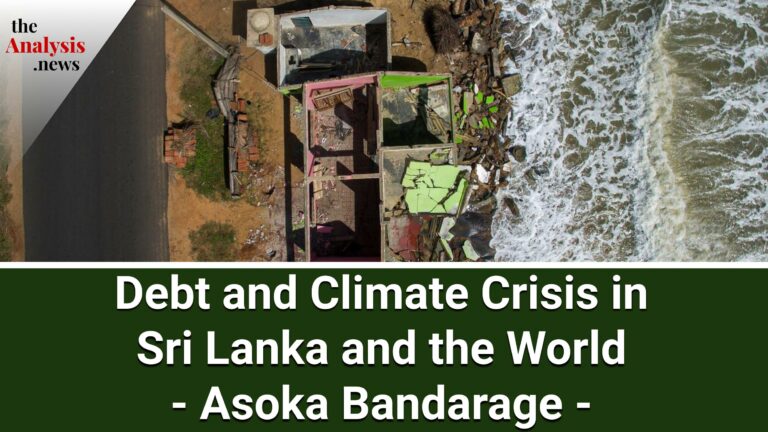
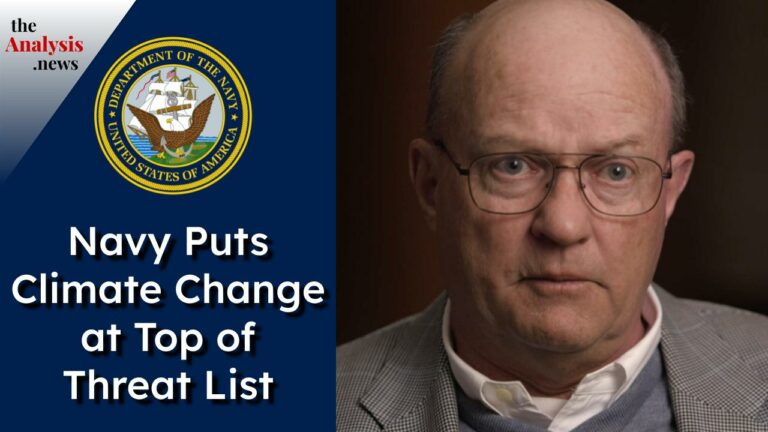



Paul:
Something that is rare in news media, is that you not only ask questions to gain a better understanding, but you are also trying to find a humane path to a better world. Much news media is atomized, not trying to understand, let alone solve the bigger picture.
You’ve mentioned the need for a common, mass movement, and with climate change increasing Nature’s wrath, more and more people will be affected, so the awareness and motivation to do something becomes broader with each year. I agree that finding members of the elite that care about the common good is essential to making any mass movement succeed. Technology should not be so easily dismissed, because areas like AI, robotics or genetics may yield ways to adapt to climate change, or even reverse some of it, at least for the benefit of elites.
The stark differences between the average life in North America today, and that of the early industrial revolution is a big part of why finding common ground is so hard. There is much convenience and comfort available even to the poor, from fast food and beer to sports and movies, our modern bread and circuses, that the motivation to fight against oligarchy is lacking. As climate change advances, and people experience privation, that will no longer be true.